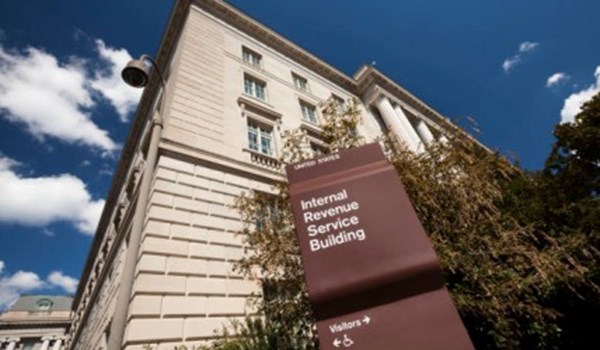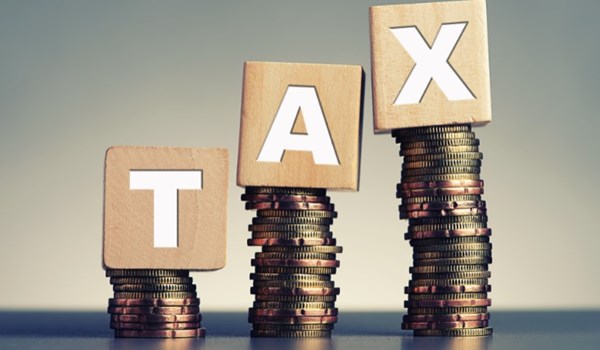The Luxembourg government submitted a draft law (Draft Law) to Parliament that modifies the existing minimum net wealth tax regime (NWT) to align it with a ruling of the Luxembourg Constitutional Court.
The Draft Law also introduces the possibility to waive the tax exemption on dividend income and capital gains derived from certain shareholdings.
Executive summary
The Luxembourg Government recently transmitted a draft law (Draft Law) to Parliament that aims to adapt the existing minimum net wealth tax (NWT) regime following a judgment of the Luxembourg Constitutional Court invalidating certain elements of that regime.
The Draft Law also introduces, among other things, the possibility to waive the application of the tax exemption on dividend income and capital gains and extends the mandatory electronic filing of tax returns to include additional returns, such as the withholding tax returns on directors’ fees.
Detailed discussion
Revamping the minimum NWT regime
The current law provides for a minimum NWT that applies to all Luxembourg-resident companies. It generally ranges between €535 and €32,000 depending on the tax balance sheet total. If more than 90% (and an amount of €350,000) of a company’s balance sheet total consists of certain financial fixed assets, transferable securities and cash, the progressive minimum NWT is replaced by a lump-sum amount of €4,815.
Elements of this provision were recently invalidated by the Constitutional Court.
The proposed changes are designed to make the minimum NWT regime compliant with the ruling of the Constitutional Court and to simplify the minimum NWT by basing its amount on the sole criterion of the taxpayer’s balance sheet total.
From tax year 2025 on, the minimum NWT would thus amount to:
€535 for a balance sheet total up to and including €350,000
€1,605 for a balance sheet total exceeding €350,000 up to and including €2m
€4,815 for a balance sheet total exceeding €2m
Making the tax exemption of certain dividend income and capital gains optional
To allow taxpayers to better manage the use of their losses that may be limited to a 17-year carryforward, the Draft Law would make it possible to waive the application of the tax exemptions for dividend income and capital gains foreseen by the Luxembourg Income Tax Law, under conditions.
The Luxembourg participation exemption provides for a full tax exemption of dividend income or capital gains that a qualifying Luxembourg resident company or domestic permanent establishment of a qualifying company receives from its participation in a qualifying company, provided the beneficiary of the income holds or commits to hold during an uninterrupted period of 12 months a participation in the distributing company of at least a 10% interest in the share capital of the distributing company or of an acquisition price of €1.2m (€6m for capital gains exemption). The exemption on capital gains is limited by a recapture rule, which provides that capital gains realized upon the disposal of shares are not exempt from tax for the sum of (i) any expenses related to the participation and (ii) any write-downs recorded on the shareholding that reduced the tax base for the year of disposal or previous financial years.
If these conditions are not met, 50% of dividend income may still be exempt provided it is paid by (i) a fully taxable Luxembourg resident corporation, (ii) a corporation resident in any State with which Luxembourg has concluded a double tax treaty and that is fully subject to a tax corresponding to the Luxembourg corporate income tax, or (iii) an entity covered by article 2 of Council Directive 2011/96/EU of 30 November 2011 on the common system of taxation applicable in the case of parent companies and subsidiaries of different Member States.
The Draft Law introduces, as from tax year 2025, the possibility for a taxpayer to specifically waive the benefit of the full and/or partial tax exemption. However, a taxpayer may waive the full tax exemption only with respect to a participation that meets the minimum holding threshold based solely on the acquisition price criterion (€1.2m for dividends / €6m for capital gains). If a taxpayer sells only part of a qualifying participation and waives the tax exemption for that transaction, expenses and write-downs to be recaptured must still be determined, as they may be triggered upon a subsequent sale of the shareholding (if the tax exemption is not waived). The recapture will not be triggered up to the amount of any capital gain that is taxable as a result of the waiver of the exemption.
The waiver will have to be exercised individually for each tax year and for each participation. Absent such waiver, the exemption applies.
Extending the digitalization process
As part of the continued digitalization of the Luxembourg tax administrations, the Draft Law extends mandatory electronic filing to (i) withholding tax returns on directors’ fees, (ii) withholding tax returns on remunerations and pensions to be filed by employers, temporary employment agencies and certain public organizations and (iii) tax returns for withholding tax levied under the flat-tax regime applicable to household employees.
Implications
The Draft Law will now go through the legislative process, which involves the analysis of the text by a dedicated parliamentary commission, the collection of opinions from different advisory bodies (and most importantly the Council of State), discussion and vote of the text in a parliamentary session and finally its publication in the Official Gazette (Memorial). The entire process may take a couple of months.
Taxpayers potentially affected by the Draft Law should remain aware of its progress through Parliament and consult with their tax advisors to fully understand how the change in law could affect them.
Summary
The Luxembourg Government recently transmitted a draft law (Draft Law) to Parliament that aims to adapt the existing minimum net wealth tax (NWT) regime following a judgment of the Luxembourg Constitutional Court invalidating certain elements of that regime.
The Draft Law also introduces, among other things, the possibility to waive the application of the tax exemption on dividend income and capital gains and extends the mandatory electronic filing of tax returns to include additional returns, such as the withholding tax returns on directors’ fees.



